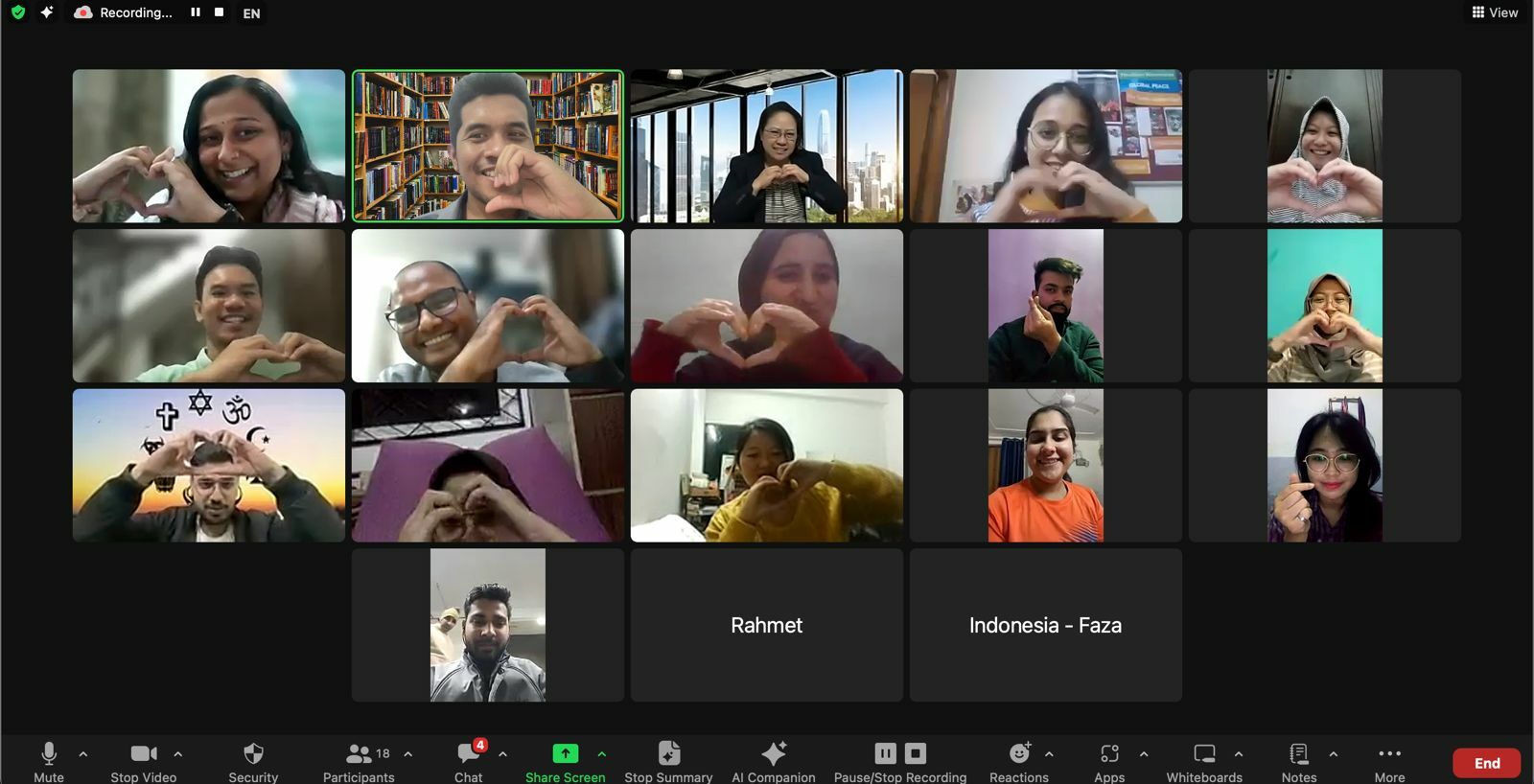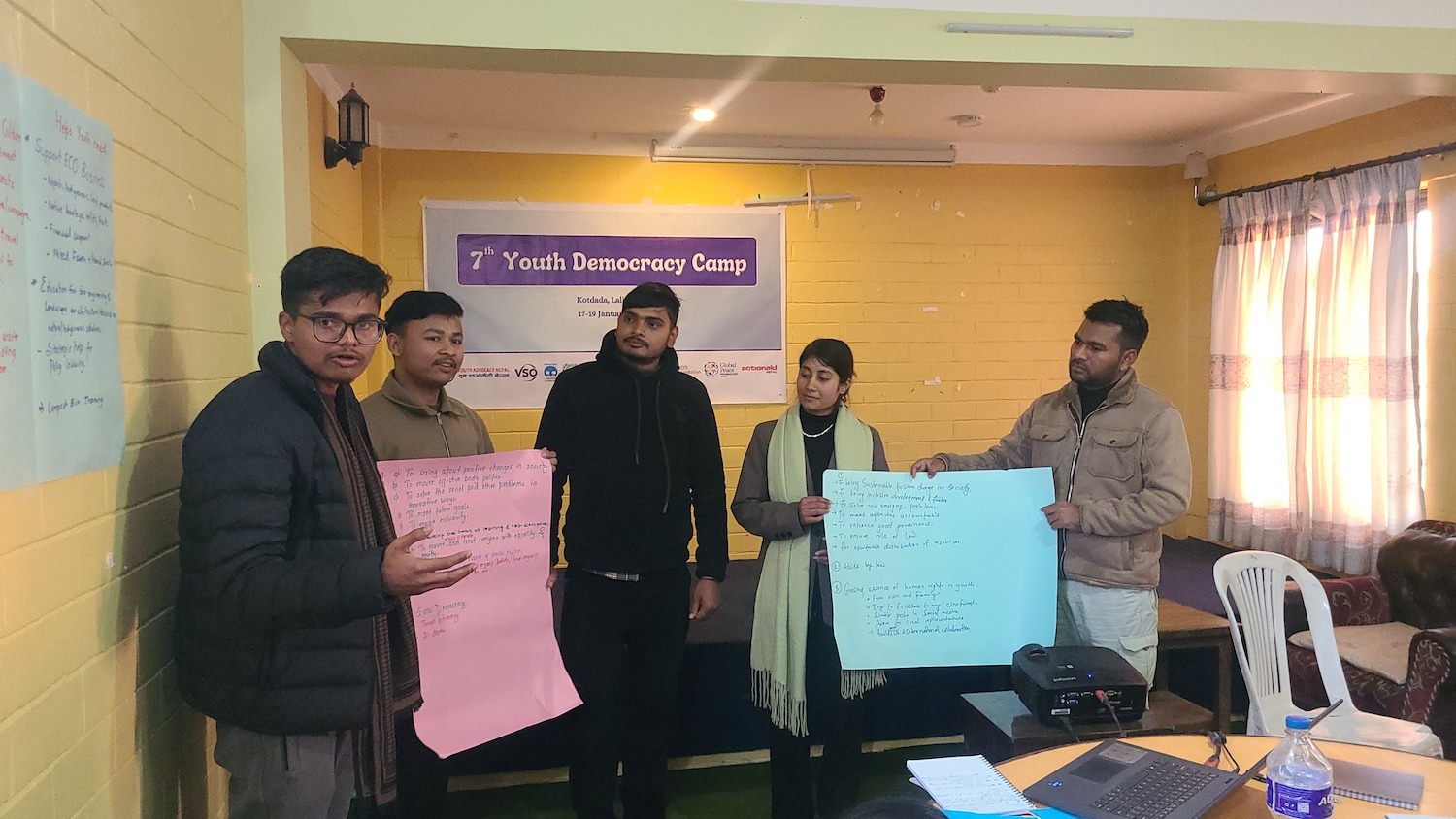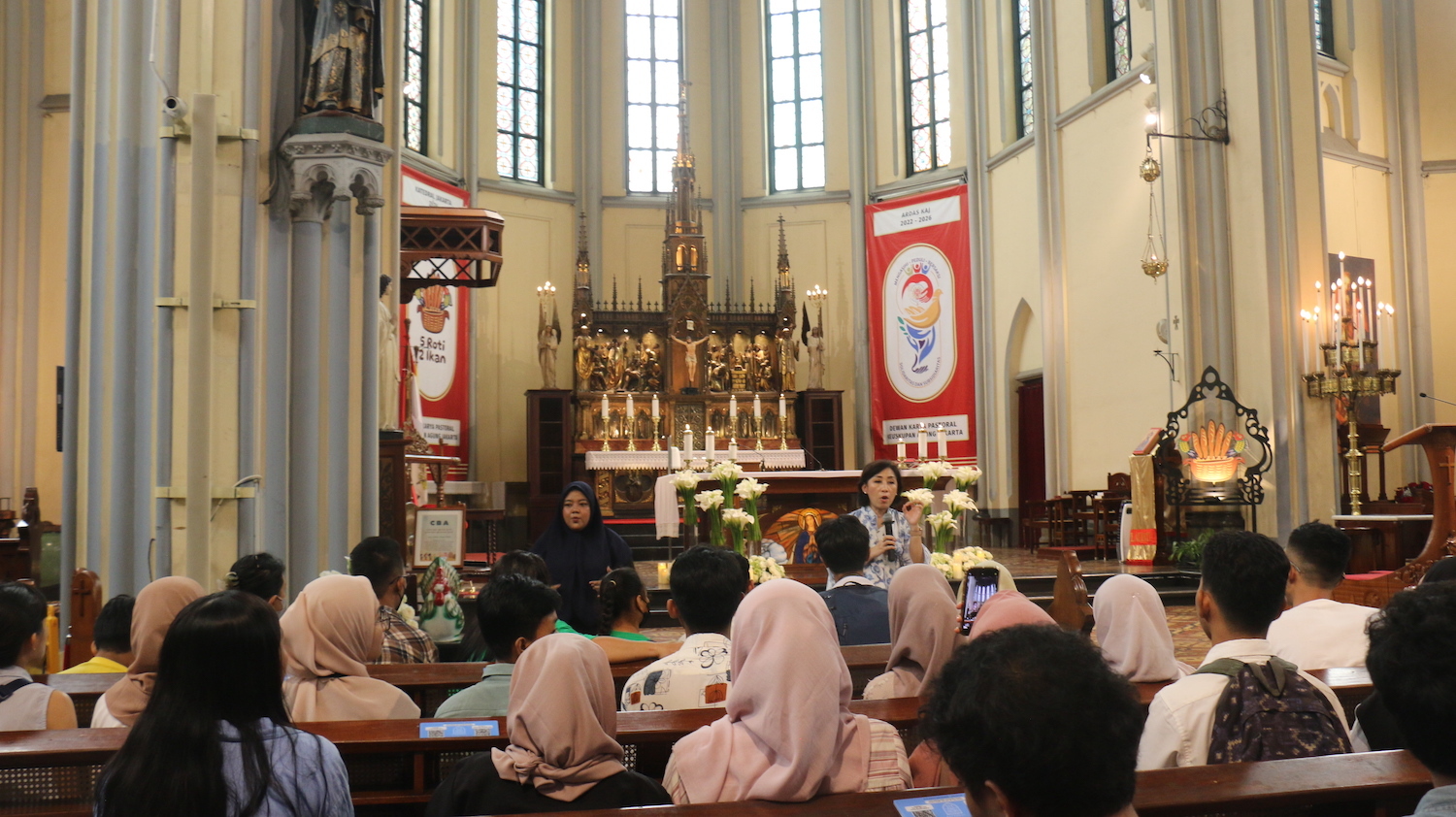International Young Leaders Assembly
August 22-29, 2013
New York City, Philadelphia, Washington D.C., United States
Theme: “Moral and Innovative Leadership: Vision, Service, and Entrepreneurship”
Good morning to this fantastic assemblage of International Young Leaders Assembly Delegates. I’d like to begin by expressing our appreciation to Ambassador Dos Santos of the Paraguay Mission, to the United Nations, for his leadership and the leadership of the Paraguay Mission. As well as the support of 23 other Missions here at the United Nations, for this fantastic event and location. This is a really significant opportunity.
We’ve heard from very distinguished panelists, which we appreciated: Ambassador Alhendawi, the UN special Envoy for Youth, for his very insightful marks. Also Ambassador Percaya, of Indonesia, and Ambassador Ojiambo from Kenya, and esteemed and distinguished Ms. Loida Lewis for the insightful and important remarks here today.
This is really an important occasion. When Ambassador Alhendawi welcomed you to the United Nations, he talked about the opportunity we have today to walk in these halls and sense the work that’s done here, and the spirit that motivates this institution. I hope that all of us can make this a very important and memorable occasion, which can motivate us, to take charge of the leadership we have, all here together.
In this institution, it’s amazing that the nations of the world gather here, on the daily basis, discussing in forums like this, the most pressing problems of our world and working together to solve those problems.
The ambassador also mentioned that the work is motivated by a commitment to universal principles. I think that’s also extremely important for us to know and understand. It’s also important for us to recognize and consider, that every institution, whether it’s an international body like this, or a nation, or a business, or NGO, or faith community, it’s comprised of people.
In the end, it’s each and every one of us, as men and women, who can rise and advance, or not; who can lead, or choose to lead or not-to make those institutions effective and successful in the great work that we have before us. So it’s really significant and important that you’re here, that you’ve chosen to be here.
You are young leaders who recognize the importance of making decisions and choices, and to care about the important issues of our world today. And I dare say that, the important question before us, is about leadership. And what kind of leadership is needed for this new and exciting century, the 21st century. The era of great opportunity considering what’s before us.
Even as I listen to some of the discussions here: we talked about connecting on Facebook, and sharing information through Twitter. The world has changed dramatically, within our lifetime.
For some of the older folks here, 20 years ago is not a long time ago, right? 20 years ago, the internet was an idea, right?
Now, there are 2.4 billion internet users today. 144 billion email messages circulate around the world every day. 1 billion people are engaging, relating, and sharing information and ideas on Facebook. In 2012 alone, there were 1.2 trillion Google searches, and that’s just the area of technology, communications and the internet.
And with communications and travel, the impact of globalization, our world is transforming at an incredibly rapid rate. Unfortunately, there are also other statistics that this institution understands more deeply than any other, of the challenges facing humanity around the world.
According to UNISEC, 42,000 children die every day as a result of poverty. That means a child dies every 4 seconds because of the impact of poverty in our world. Almost half the world’s 3 billion people, live on less than $2.50 cents per day. So 1.1 billion people in developing countries have inadequate access to water and 2.6 billion people lack basic sanitation.
The challenges that face our world are great. It’s estimated that the annual cost of corruption in our world amounts to some 2.6 trillion dollars. And so, I think what we see before us, is a time of great opportunity and challenge. I would say that we could consider our greatest challenge, is an ethical challenge.
In the last century, World War II, a famous American military leader, Omar Bradley, said this, “Ours is a world of nuclear giants, and ethical infants, we know more about war than we know about peace, more about than killing we know about living.” We face an ethical challenge, an ethical crisis in our world.
Technology is actually value-neutral, the internet, and any kinds of technologies can be used to solve problems in our world and can become the basis for weapons of mass destruction. It depends of the value framework, with which we address our work and our lives.
I believe that we face what I call, a “value-deficit disorder” in our world today. A gap between our continuation to manage things with technology and science and our external tools, if you will, on one hand, and our ethical maturity, or our ability to understand and embrace those universal values that the Ambassador mentioned.
It is that this ethical challenge is really what’s at the base of the unique theme for this gathering, ‘Moral and Innovative Leadership.’ We believe that the important theme to consider for leadership of the 21st century must first begin with ‘Moral Leadership’. Leadership that actually embraces those universal principles and values, and is dedicated to work together not only for themselves, but for the greater good as well.
If that kind of leadership is encouraged and manifested,-if men and women of integrity, are leaders in business, academia, in the NGO world, and within governments, then, as we move forward in our world today, we can solve problems like never before. We can harness the great opportunity that advances in our present era.
In effect, for each one of us to be moral leaders we first need to think about, ‘what is the moral compass that guides me in my decision making?’ And I suggest that, that moral compass is what each of us seeks for the higher nature of our human experience-that seeks after the noble qualities of truth, beauty, and goodness.
In our world today, we face a lot of corruption. Billions and billions of dollars, and decades and decades of sincere work to solve poverty, and other kinds of issues, often fail in the long run, due to ethical lapses, because of corruption, and because of the failure of leaders to pursue the greater good to consistently solve those problems.
Therefore, the first element of leaders of the 21st century, I believe, is moral leadership. But once you have that moral compass, once you have a conscience that guides your work, then you can tap an incredible innovative power of human creativity. If we are motivated by a higher purpose, the kinds of fortune and wisdom that Loida Lewis talked about, can be at our hands, to solve the problems together.
So consider: As you think about this forum, please think about the unique juxtaposition of the terms in that theme -‘Moral and Innovative Leadership’; the integrity, the moral ethical framework first, then tapping into creative energy to work together to solve problems. So, this forum, I think, has a pretty unique and important theme. One, I hope you can carry with you, one I hope you can pull, research and consider as you develop yourselves and your leadership experience.
And so, ‘Moral and Innovative Leadership’ is a starting point, a foundation, and a framework. This forum also talks about vision, and service, and entrepreneurship. Let me mention a few words about those areas.
First of all, let me mention about service. If one is a moral leader, if one is thinking about moral and innovative leadership, than we have to put our ideas and vision to practice. Service is a great way to substantiate and put into practice a simple principle of living for the greater good-contributing to the greater good. A mindset of servant leadership, is also a way to cultivate a lifestyle of moral leadership.
Entrepreneurship, as you heard from Ms. Lewis, is an important aspect of how to create opportunity within our world today, which is an avocation and extension of innovation and creativity. Even if we tap the innate potential of human creativity, there is no end to what we can create, solve and generate within our communities. Service and entrepreneurship are important practices of what we are talking about here today.
Vision is an essential element of all these things. And I’d like to take a few more minutes to share some thoughts with you about vision. Our world today is close and engaged as ever before. We are interacting and connecting with people very different from ourselves. That, in past times and in past centuries, were in totally different universes than ourselves. That is a great opportunity. It also brings special challenges.
In our time we believe that it is urgently important that we bring focus to a simple basic point, an understanding in the essence of our common humanity. What defines our humanness, our connectedness together?
Our experience in our world today is that differences in identities are the most common basis in conflict. We often see the other as essentially different, easily moving a continuum from different to lesser, than oppressed to an enemy. To seeing the other as different from myself, lesser than myself. The problem of ‘identity based conflict’ is a major one in our world.
As we come together in this world, it is our vision that all people, regardless of race, religion, ethnicity, or station in life, share a common essence and a common heritage. Our humanness extends beyond even our most pronounced external differences. We are all part of the one human family.
When we use those terms, human family, around the world everyone resonates with that. But we think it’s important to ask a further question: How is it possible for us to say one family? We can say we’re one family because we share a common origin. That origin is identified in different ways, but that origin is of the creator, God.
The Global Peace Foundation has a simple way of encapsulating this important truth which we take as a vision statement for our time: “One Family under God.” We believe that all human beings, everywhere, are intrinsically connected together. We are all “One Family under God.” Every person has unique and intrinsic value, and worth. The essence of life is intangible, and that essence of our common humanity, likewise, intangible, is really a spiritual essence.
In our world today, sometimes we are afraid to talk about, or mention God, or there are concerns about religion. But the innate nature of human life, is in fact of a spiritual nature that we believe is important to recognize and confirm. It’s the root, from which we can garner an ethical framework for our life and our future world.
Therefore, consider a simple vision statement, “One Family under God.” Imagine if we worked together, to see each other in our intrinsic connectedness. To recognize that there’s is a bond between us, no matter what our language, our culture, our religion, or our ethnic background. Imagine that we focus on that, as our universal value that binds us together, and commit ourselves to live that way. We can motivate and mobilize our efforts and energies to impact our world, in greater ways going forward.
That commitment to fundamental human dignity is reflected in the U.N. Charter. The U.N. Charter says, mentions its commitment to reaffirm faith and fundamental human rights and dignity and worth of every person. That same kind of principle, is reflected in the U.S. Declaration of Independence, which makes a powerful insertion, which says, “We hold these truths to be self evident, that all men are created equal and are endowed by the creator with certain unalienable rights, among these are life, liberty, and the pursuit of happiness.”
Next, when we will celebrate here in the United States, the 50th anniversary of the “I Have a Dream” speech, some of you will travel to Washington and participate there. Fifty years ago, Dr. King called America, as a voice of conscience, to live up to its founding ideals and he harkened to those principles, expressing the founding documents of these nations; to challenge America to change.
And that change has come about. Such ‘change-makers’ we see in history, but I dare say that, as the Ambassador mentions earlier, we’re in a different time, and young leaders can make a difference now.
I’d like you to consider the case, of Malala Yousafzai. You probably know who she is, the Pakistani girl, right? Who stood up for education and women’s rights as a young teenager. Imagine that she just had her 16th birthday. A little over one month ago, she spoke here at the U.N. And endured an incredible and brutal assassination attempt, regained her health, and is crusading again as a girl, 16 years of age.
Already a girl of 16 years of age, is recognized by Time magazine as one of the most 100 influential leaders of the world. So, again, to the Ambassador’s point, we’re in a different time. You don’t have to spend a career of generations to make an impact that is global. And that’s the challenge for us here, in this International Young Leaders Assembly.
So in conclusion, I hope that you can consider, as you have time here today, the work of this institution and what motivates you. What does that mean to you and I? And what can we do? How can we relate that to the actions that we can take together? How can I consider this theme of ‘Moral and Innovative Leadership: vision, service and entrepreneurship?’ And what it is that we can do together?
Please, learn from your experiences, take heart of what you can do, and who you can be as young leaders. Let a noble vision guide your steps, become leaders from a valiant lifestyle of service to the greater good, and tap your entrepreneurial and innovative spirit, to dream big, and act big. And to build the world, free of conflict and corruption, free of poverty and disease, and filled with opportunity, and well being for every member of the global human family. Thank-you for your time.



